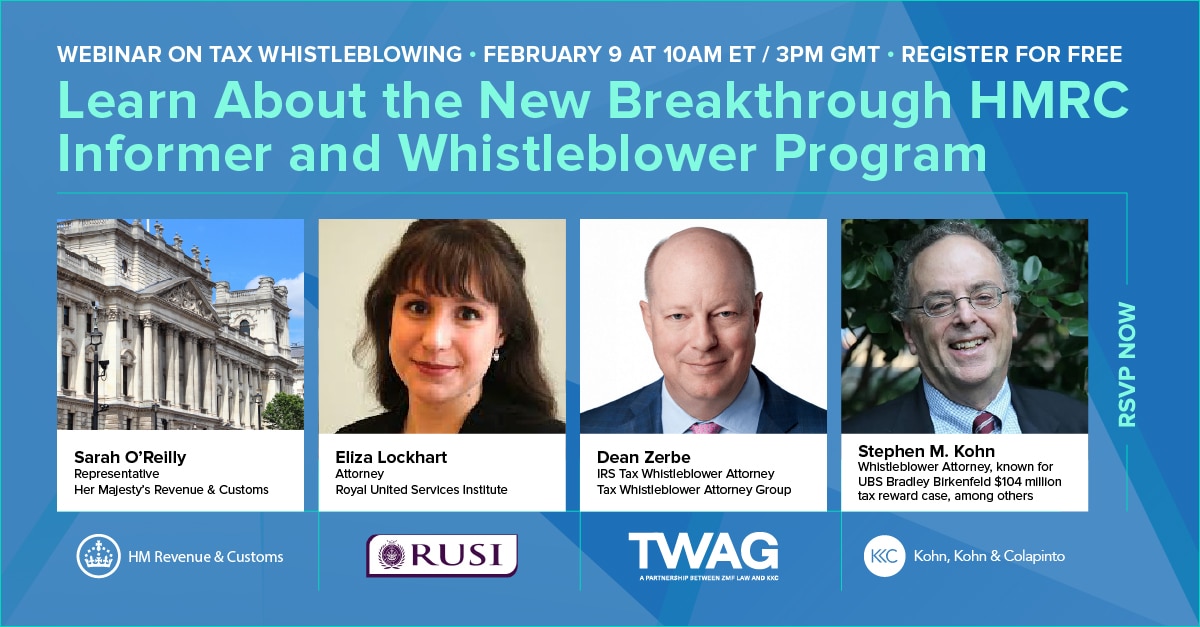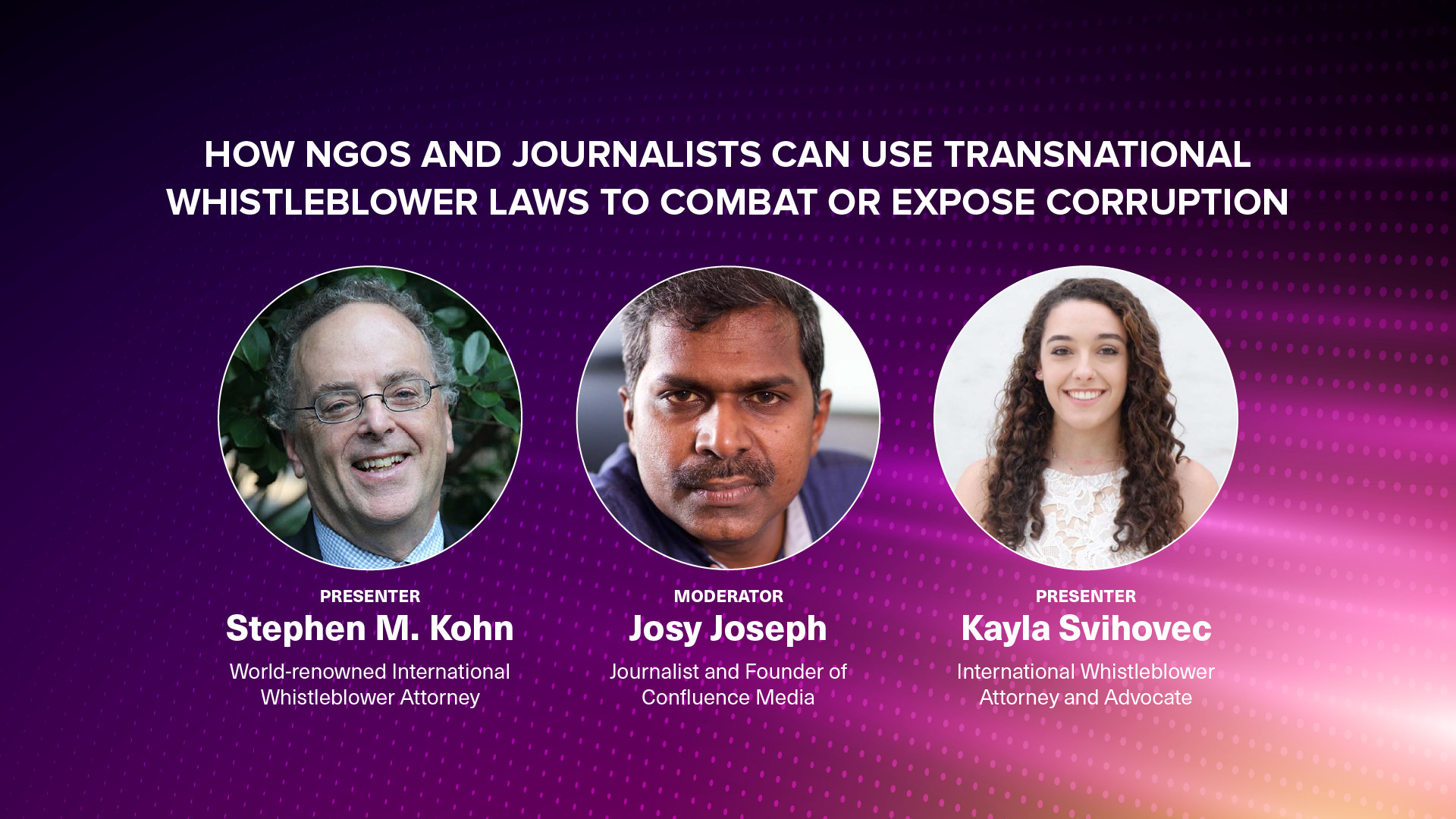Senators Introduce Bill to Protect DOE Whistleblowers
In July 2016, the U.S. Government Accountability Office (GAO) reported the the Department of Energy (DOE) has done little to stop retaliation and intimidation against whistleblowers by its contractors. On Monday, in response to the GAO Report, U.S. Senators Ron Wyden, D-Ore., Edward J. Markey, D-Mass., and Claire McCaskill, D-Mo., introduced legislation to expand protections for whistleblowers at the DOE.
The Department of Energy Whistleblower Accountability Act would add whistleblower disclosures about waste, fraud and abuse to legally protected whistleblower activities at the DOE. Currently, whistleblower protections under the Energy Reorganization Act are limited only to disclosing safety violations.
The bill would also require contractors to pay legal and administrative costs in wrongful termination cases unless the contractors can show the DOE contributed to or caused the retaliation. Currently, the DOE usually pays legal costs on behalf of its contractors when whistleblowers file complaints against the agency, which has the effect of removing the incentive for the contractor to resolve employee complaints.
“I’ve been at this a long time, and it has become clear that the Department of Energy is not going to change its culture of retaliation against whistleblowers, so it’s up to Congress to change it,” Wyden said. “This bill beefs up the penalties for contractors who retaliate, relieves taxpayers from picking up the tab for contractors’ legal costs, and gives whistleblowers more power to challenge violations of their rights.”
The bill would also extend the amount of time employees can file a complaint with the DOE from six months to one year and allow whistleblowers to seek a jury trial in federal court if the DOE does not complete its investigation of an employee complaint within a year.
Additionally, the bill also includes the provisions to add whistleblowers’ disclosures to contractors’ employee concerns programs as a protected disclosure and clarifies that a disclosure to Congress, the U.S. Government Accountability Office (GAO) or an Inspector General (IG) counts as a protected disclosure.
Important Links:





